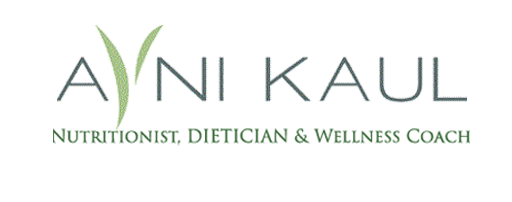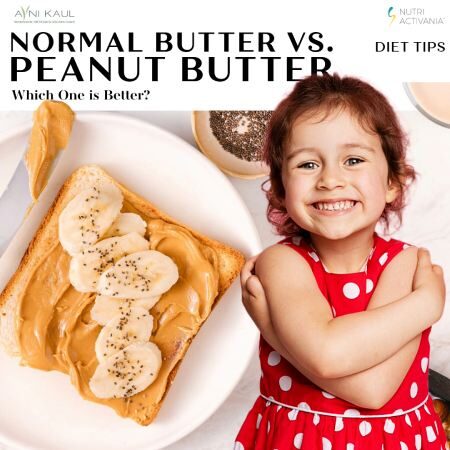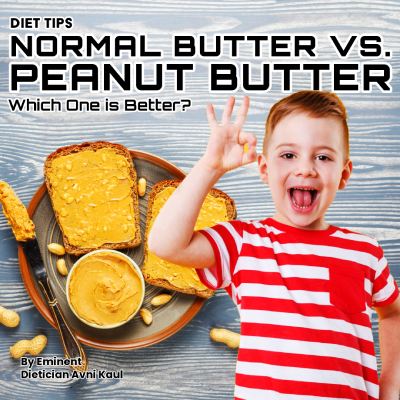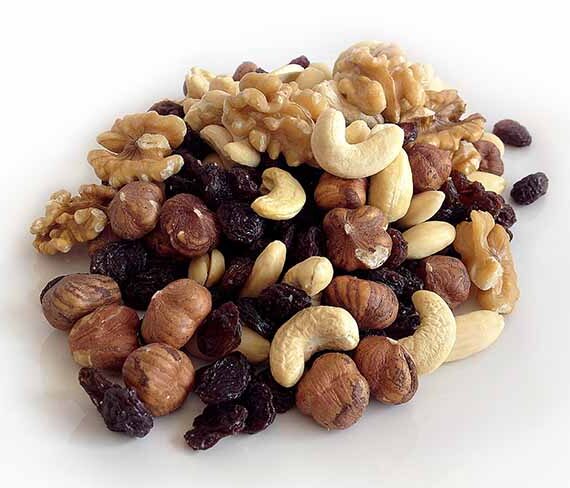It’s nearly impossible to picture our beloved bread without that luscious layer of smooth, creamy butter. The velvety texture and decadent flavour of butter have elevated it to a culinary staple, enhancing everything from sandwiches, cakes, and cookies to soups and savoury dishes. The simple addition of butter can elevate your dining experience to a new level of indulgence.
Nevertheless, in the era of growing health consciousness, peanut butter has gained popularity as a perceived healthier alternative to traditional butter. But is this belief grounded in truth? Dietician Avni Kaul unveils the facts!
Contrasting methods of making: Butter or Peanut butter
Butter, crafted from a blend of milk protein, water, and fats, derives its luxuriously creamy texture from the milk fat. This luscious component is obtained through the meticulous process of churning fermented milk or cream. In the historical context, butter production involved manual churning and utilized various types of milk, including cow milk, goat milk, and buffalo milk. This diverse milk selection contributed to the thick, creamy consistency of butter, all while preserving the nutritional richness found in animal milk.
Conversely, peanut butter is concocted from roasted peanuts that are finely ground. This peanut powder is then skillfully blended with vegetable oil and sweeteners, resulting in a delectably creamy taste. The addition of vegetable oil and a touch of salt ensures that the peanut butter maintains its smooth texture, even when stored in the refrigerator. In contrast, regular butter tends to solidify when chilled and requires gentle heating to regain its liquid form.
What are the nutrition and health benefits: Butter or Peanut butter?
Butter is a nutritional powerhouse, brimming with essential vitamins like A, E, B12, and K, complemented by its healthy fat content. The presence of vitamin E in butter plays a crucial role in combating free radicals and protecting cells from damage. Notably, butter is a notable source of CLA (conjugated linoleic acid), which contributes to the suppression of cancerous cells and tumors. Beyond that, regular butter bolsters the immune system and assists in reducing inflammation within the body.
On the other hand, peanut butter offers a rich assortment of vital nutrients, including vitamins B9, B6, B3, E, magnesium, protein, phosphorus, dietary fiber, and healthy fats, among others. Its abundant fiber content not only promotes healthy digestion but also supports a well-functioning metabolism. Peanut butter’s satiating quality keeps hunger at bay for extended periods, effectively curbing untimely cravings. Thanks to its relatively lower fat concentration, peanut butter serves as an effective ally in weight management, allowing individuals to maintain a healthy balance.
One notable distinction between these two butter variants lies in their fat content and nutritional profiles. Many fitness enthusiasts extol the virtues of peanut butter, primarily due to its impressive nutritional composition. When comparing the caloric content, 100 grams of butter contains approximately 717 calories, while peanut butter offers a leaner 567 calories for the same quantity.
Moreover, the fat content in peanut butter is notably lower at 50 grams, in contrast to regular butter’s hefty 81 grams of fat. This disparity is attributed to the rich fat and protein content inherent in milk fat. Consequently, if you are aiming to shed some weight, peanut butter emerges as a prudent choice.
Variance in protein levels that affect health
Peanuts stand out as an exceptional source of protein, offering notable health benefits. A 100-gram serving of peanut butter boasts a generous 25 grams of protein, while the same quantity of regular butter provides a mere 1 gram of protein. This stark contrast underscores peanut butter’s reputation as a healthier alternative, being rich in protein compared to regular butter, which leans heavily towards fat content.
Additionally, peanut butter serves as a noteworthy source of omega-3 fatty acids, which contribute to bolstering various aspects of health, including bone health, cognitive function, and immunity. However, it’s worth noting that excessive consumption of omega-3-rich peanut butter can potentially lead to adverse effects such as obesity, lethargy, and fatigue. This is attributed to the presence of mycotoxins, which can trigger food allergies. Therefore, it’s prudent to exercise portion control and be mindful of your peanut butter intake to maintain a healthy balance.





